Pandemic makes women more vulnerable to corruption and threatens their jobs, health, well-being and the opportunity to voice their concerns.
COVID-19 is affecting women’s lives in ways that are likely to outlive the pandemic. It is taking a heavy toll on their health, social and economic well-being worldwide.
Women are at the forefront of the response to the pandemic, making up almost 70 per cent of the health care workforce and accounting for the majority of essential low-skilled. As a result, they are more exposed to the risks of Covid-19.
At the same time, women are remarkably absent from the leadership and expert groups managing COVID-19 and have limited opportunities to voice their concerns and inform the policy response to the pandemic.
Besides that, as the economic crisis hits, women are more likely to lose their jobs, income, savings and livelihood. This undermines their financial independence, accelerates the underlying feminisation of poverty, leading to power imbalances that make them more vulnerable to corruption.
In conclusion, COVID-19 is a major threat to gender equality advances achieved in the last decades.
This information is part of a series, Citizens Report COVID-19 Corruption, to raise awareness about the human cost of corruption during COVID-19 and encourage citizens to report corruption. A document created by more than 90 Advocacy and Legal Advice Centres (ALACs) across 60 countries.
More data to take into account
- In the US and Europe, women are shouldering up to 15 hours a week of additional time spent on child care and household tasks
- In the UK for example, evidence suggests that mothers are significantly more likely than fathers to temporarily or permanently lose their job during the pandemic.
- In many regions of the world, women are also overrepresented in the informal economy, which has been hit especially hard by COVID-19 preventive measures, such as border and business closures, and travel restrictions.
- 74 per cent of African women and 54 per cent of Latin American and Caribbean women work in the informal sector as domestic workers, street vendors, subsistence farmers, seasonal workers and many other jobs.
- Women are more reliant on public services, which makes them particularly vulnerable to corruption and bribery in the health sector
- Evidence from past crises, like the 2014 – 2015 Ebola outbreak in West Africa, confirms that women experienced increased rates of sexual violence and abuse. This includes sexual extortion, or sextortion, when public officials or aid workers demand sex in exchange for key services.
Recommendations
- Collect, analyse and disseminate gender disaggregated data on the differentiated direct and indirect impact of COVID-19 on women.
- Ensure women have equal access to life saving treatments, medicines, and sexual and reproductive health services, especially during the pandemic.
- Promote transparency in government spending and ensure appropriate resources to address the impact of COVID-19 corruption on women and girls.
- Promote women’s participation in decision-making to ensure that COVID-19 policies and economic stimulus packages adequately respond to women’s needs.
- Empower women to safely report abuse and provide gender-sensitive reporting mechanisms.
For a full list of recommendations, see our statement with UN Women.
* This information have been extracted from a report of Transparency International.
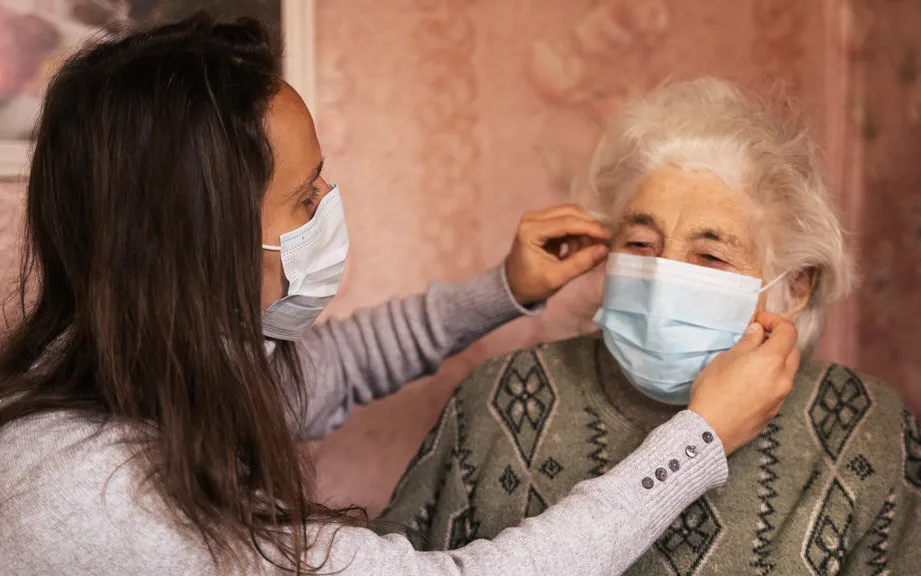


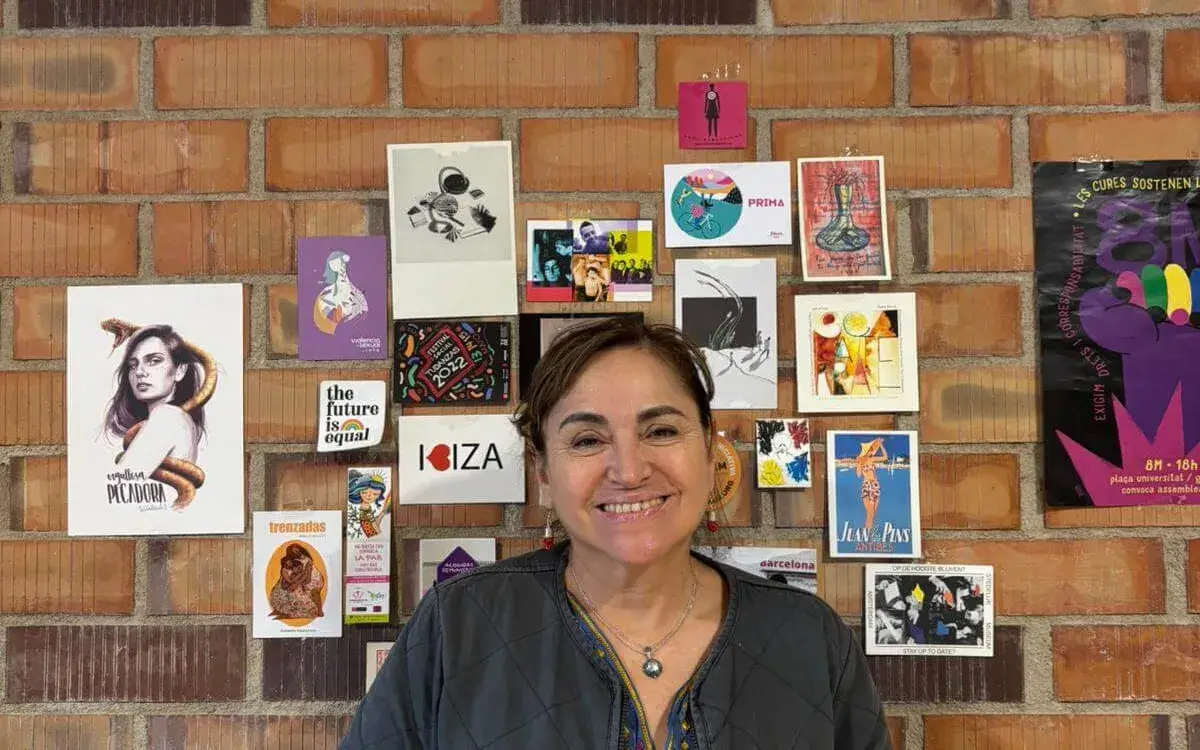
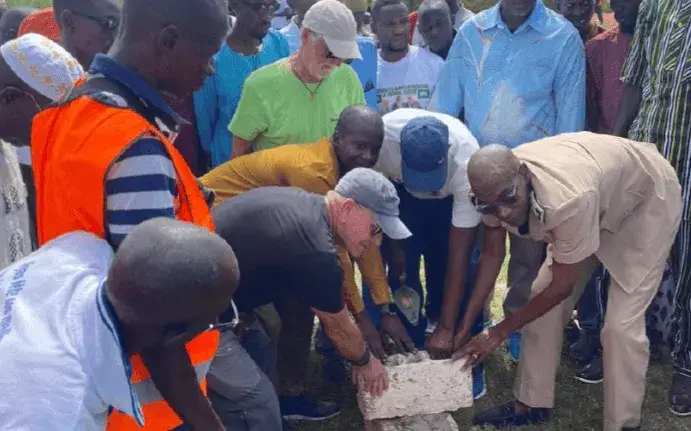
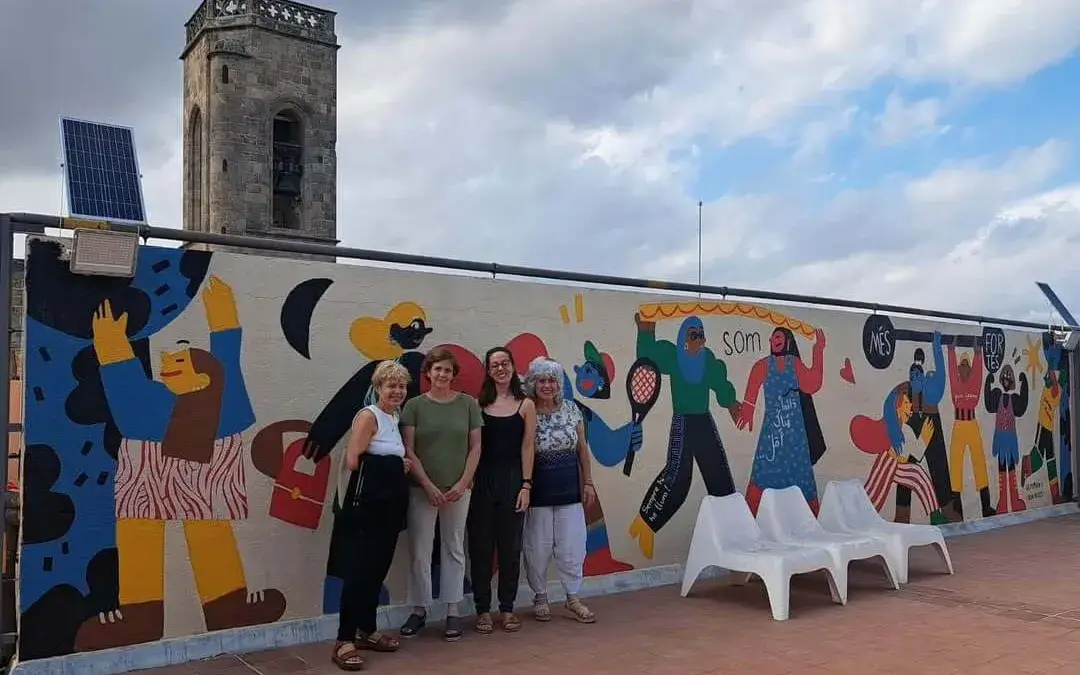
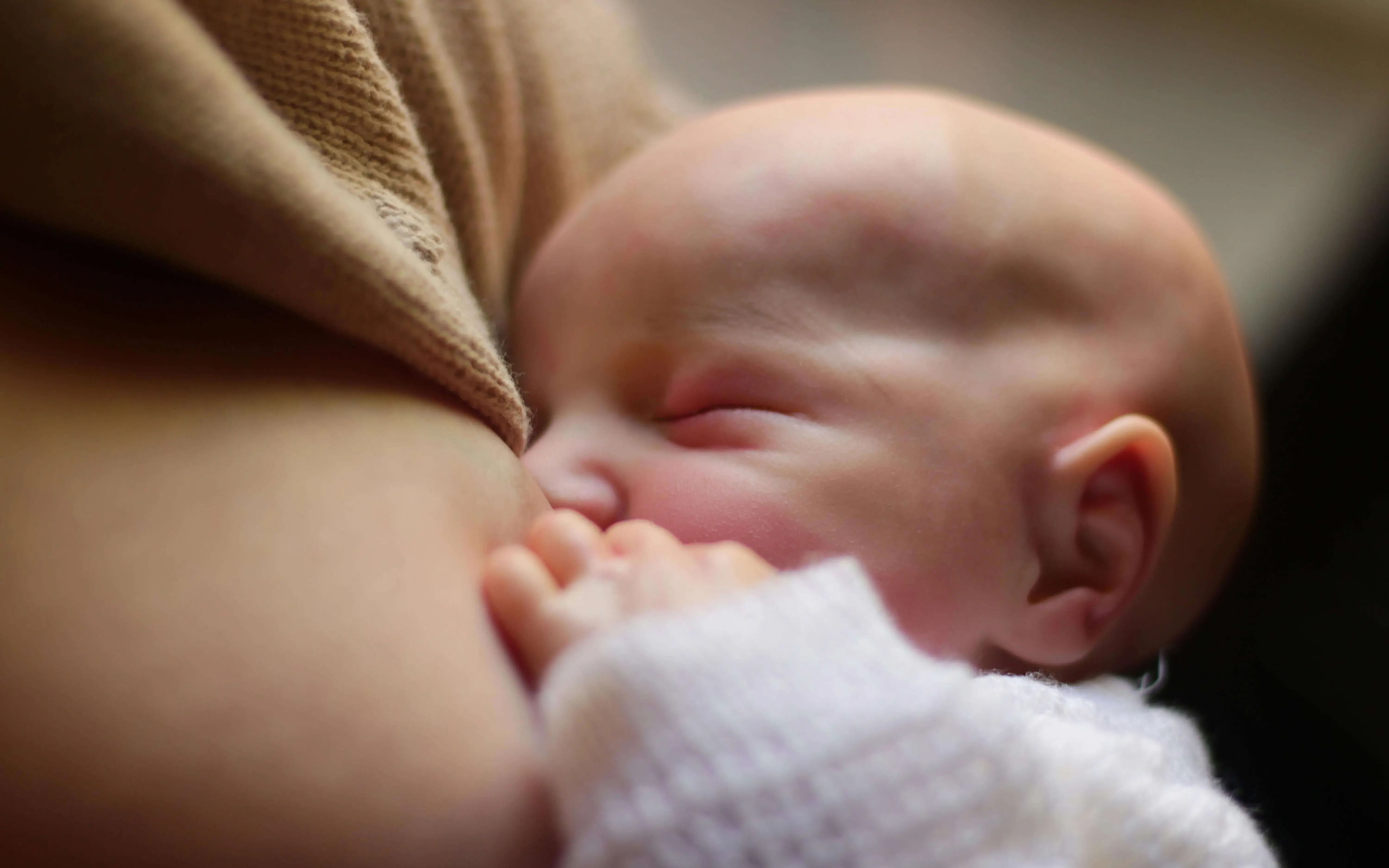
Add new comment